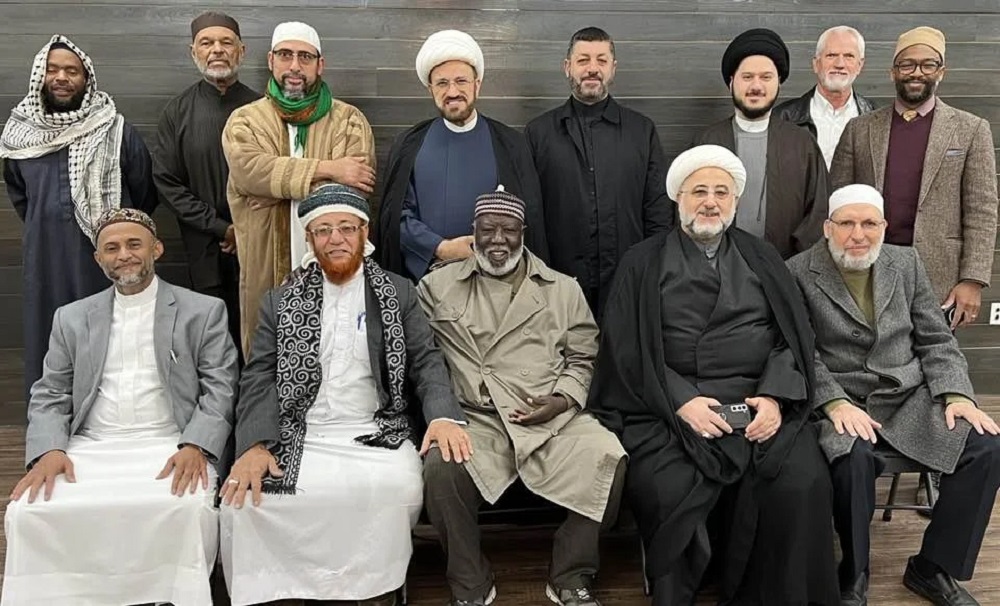The leadership within U.S. mosques is as diverse as the Muslim communities they serve. Imams, the spiritual leaders of mosques, hail from various parts of the world, reflecting the multicultural fabric of American Islam. This diversity enriches the religious experience, offering a blend of traditions, perspectives, and practices that cater to a wide array of congregants.
Global Representation of Imams
According to the Institute for Social Policy and Understanding’s 2020 American Mosque Survey, imams in the United States originate from 41 different countries. Approximately 68% of these imams were born abroad, while 32% are American-born. This statistic underscores the international roots of mosque leadership in the U.S..
Factors Influencing Imam Diversity
Several factors contribute to the diverse backgrounds of imams in U.S. mosques:
-
Immigration Patterns: The influx of Muslims from various countries has led to a demand for religious leaders who can serve their communities.
-
Educational Opportunities: Many imams pursue Islamic studies abroad, bringing back knowledge and perspectives from their countries of origin.
-
Community Needs: Mosques often seek imams who can connect with their specific cultural and linguistic backgrounds, fostering a sense of belonging among congregants.
Challenges and Opportunities
While the diversity of imams enriches the American Muslim experience, it also presents challenges. Differences in cultural practices, language barriers, and varying interpretations of Islamic teachings can sometimes lead to misunderstandings. However, these challenges also offer opportunities for intercultural dialogue and learning, strengthening the unity within the Muslim community.
The diverse origins of imams in U.S. mosques reflect the global nature of Islam and the multicultural reality of American society. This diversity not only enhances the spiritual life of Muslim communities but also contributes to the broader tapestry of American religious life.

